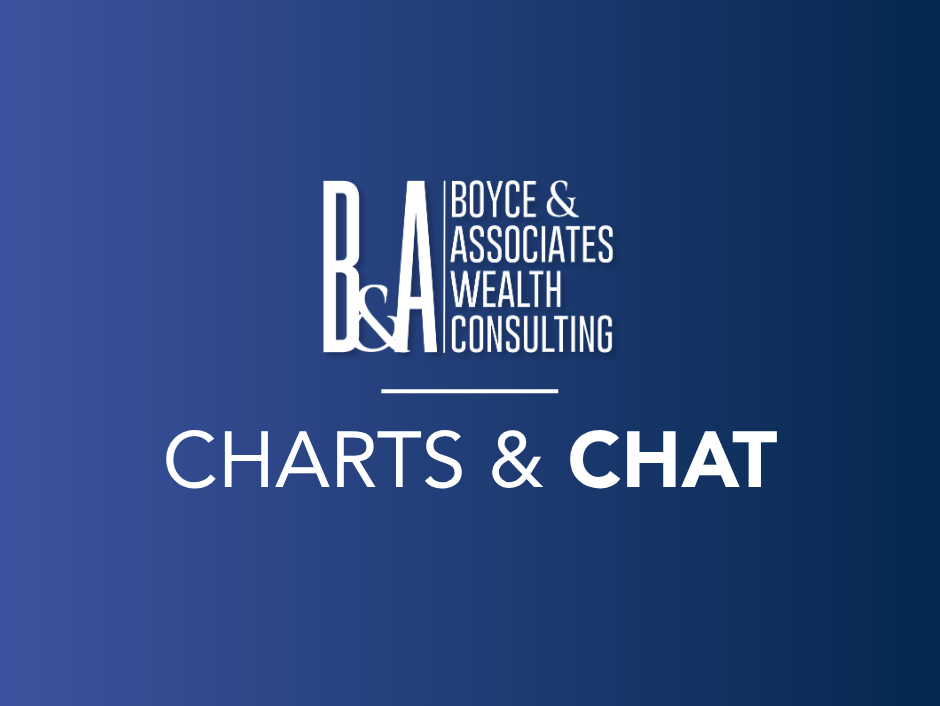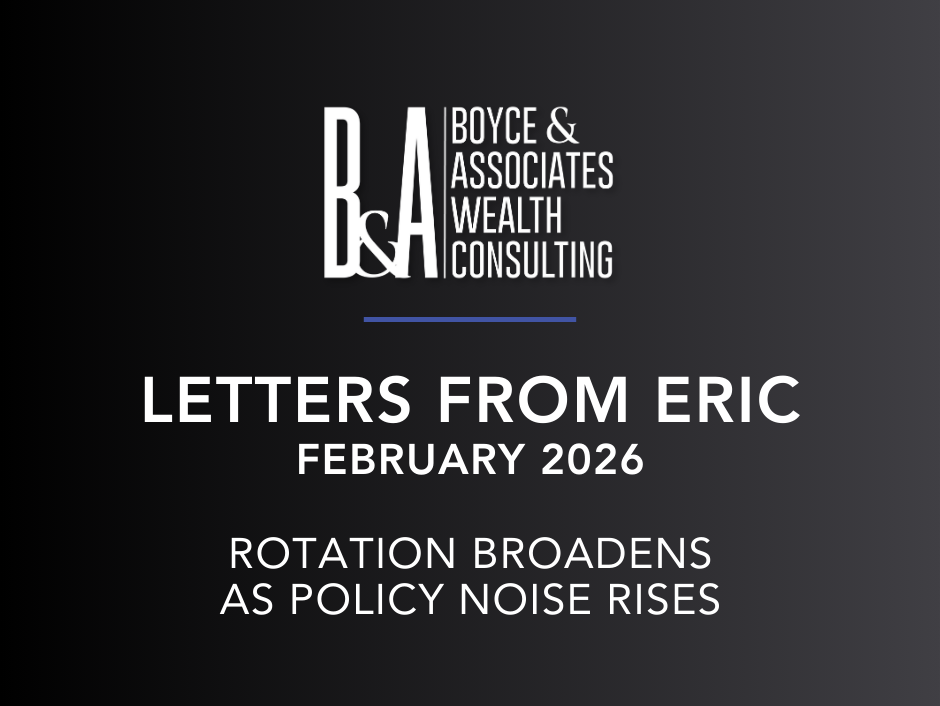A Business Valuation Is More Than Just The Number
Successful business owners have a lot of ways to benchmark and track their personal financial situation. There's apps for financial planning and securities accounts that can aggregate and display the total of all account values to the penny with just a few clicks. Websites like Zillow and Redfin can give a fairly accurate estimate of home values in just a few seconds. But, what about the value of their businesses? For most business owners, the value of their business is a large part of their wealth triangle: home equity, securities accounts, and the value of the business.
In many cases, the value of the business is the largest part of the owner's overall wealth. It might even be worth more than the other two parts of the wealth triangle combined. However, the value of a successful business isn't going to appear on a computer screen as easily as home prices or account values. This is why the forward-looking business owner needs to keep track of the valuation of their business. If for no other reason, the business owner needs to fill in that big blank so they can benchmark their progress towards to their life's financial goals.
Every business is different in a myriad of ways. Even businesses in the exact same industry can have numerous differentiating factors that affect value. Here's just a few common ones: is the location owned or leased? What are inventory levels relative to sales? Is there significant debt? If so, how much is it relative to equity? Receivables aging? Size? Contractors or Employees? Employee benefits? Competition? Understanding how these and other relevant factors should be considered within the analysis of the financial history of the business is the key to an accurate business valuation.
So, let's assume that you, as a thoughtful and successful business owner, understand all of this and choose to engage a quality business valuator. Depending on how in-depth of an analysis that you choose is, you'll receive back a report that could number from roughly 25-125 pages in length. But there's one thing that just about everyone does first: they find the executive summary and then scan down until they see the number. That number represents the net sum of their main effort in their business life. I get it. A business valuation report is about as lengthy as a complicated tax return. When I get my tax return draft, I immediately scan down to answer the vital questions: do I get a refund or have to pay? Either way, how much?
Knowing the business valuation number is great. It allows you to understand your personal wealth picture much more clearly. It will serve as a benchmark to your progress towards retirement or your life's financial goals. But is that all there is to it?
The business valuation report should contain clear reasoning as to the methods, assumptions, and qualitative decisions that the valuator employed. When I author my reports, I try to be as informative as possible. Each step is explained and justified, and those steps are laid out in a (hopefully) intuitive progression to reach a valuation conclusion. The valuation report is not just a number with a lot of blah-blah, legalese boilerplate wrapped around it.
The report reader can learn what factors about their business mattered, what didn't, and how much of each "what mattered" factor contributed to the overall valuation number. The savvy reader, and this assumes that successful business owners are all savvy readers, can learn what to concentrate on or improve from these details. This is not to say that a valuation report can replace a business coach or a consultant when it comes to improving or refining your business operations. However, knowing what factors the business buyers' market has traditionally appreciated the most about the businesses that they buy will allow you to concentrate your improvement efforts in those directions.
Depending on the service level of the valuation report at Boyce & Associates Business Valuations, clients can choose to receive a Zoom or teleconference call to go into the report and answer any questions they might have. A business valuation report contains a lot of information that builds up to the numeric value of the business. Understanding these value drivers can help you improve your business and your business's value.
_____________________________________________________________________________________
Thomas E. Kemler, CFA, CVA, applies almost 40 years of experience as a financial industry professional to the businesses that he values for Boyce & Associates Business Valuations. He has prepared business valuations for situations including, but not limited to, business buyers, business sellers, divorce settlements, estate tax returns, generational gifting, buy-sell agreements, phantom stock awards, principal's life insurance coverage, and SBA loan documentation.










